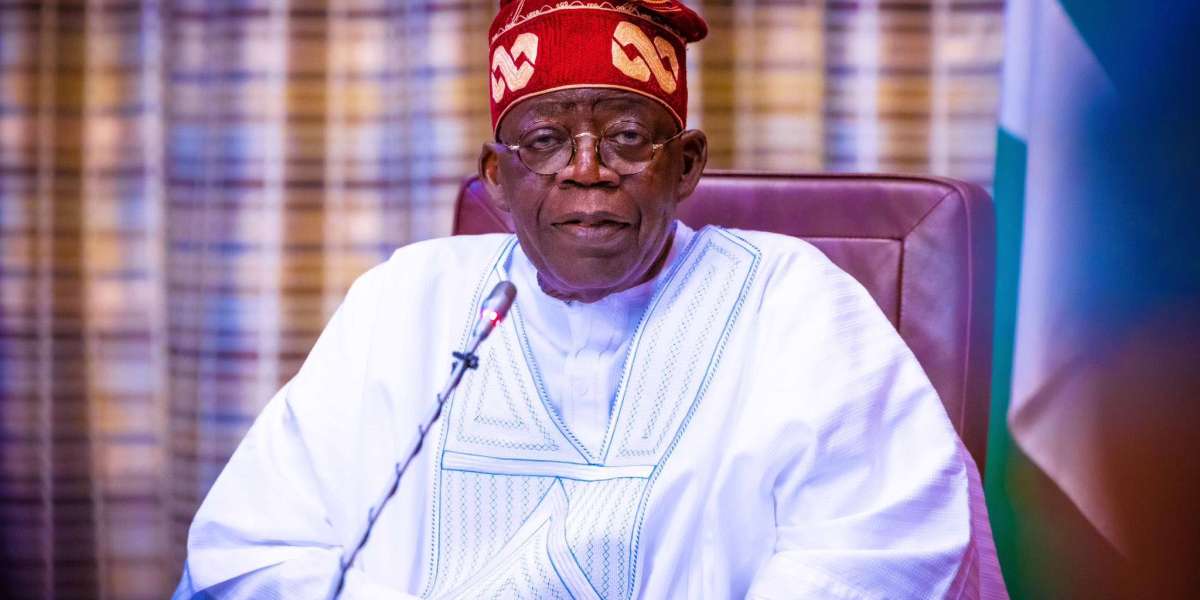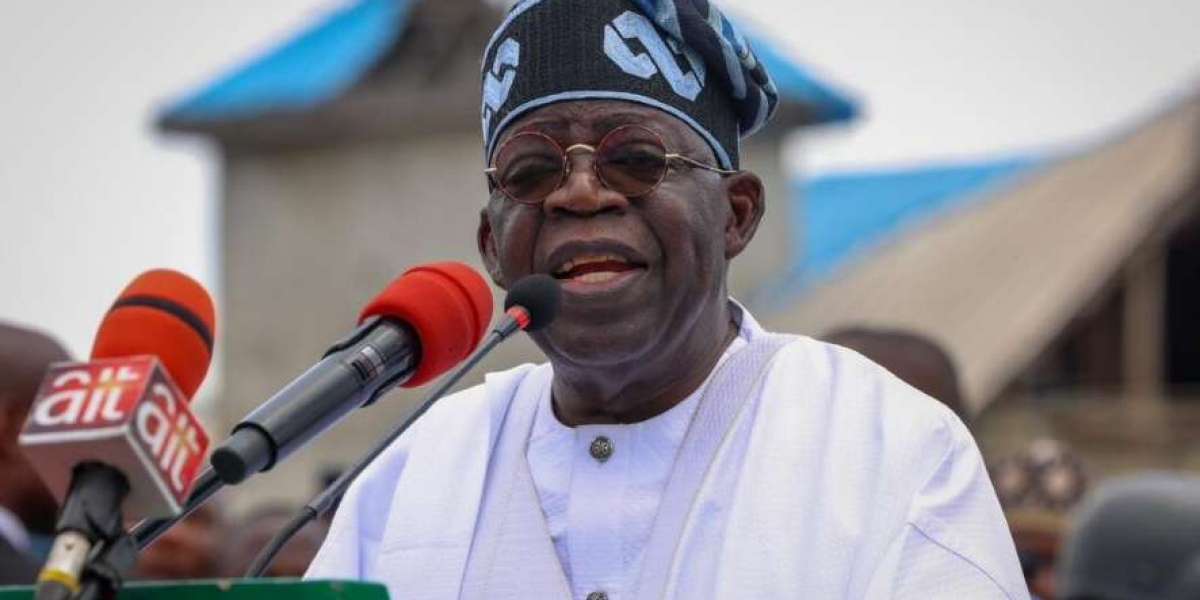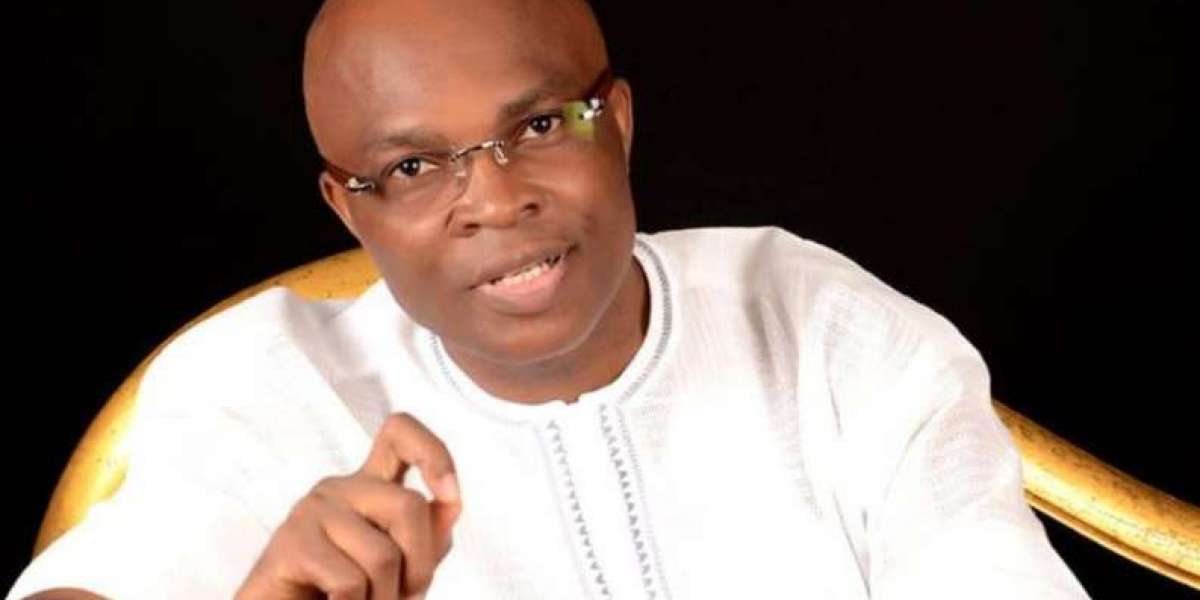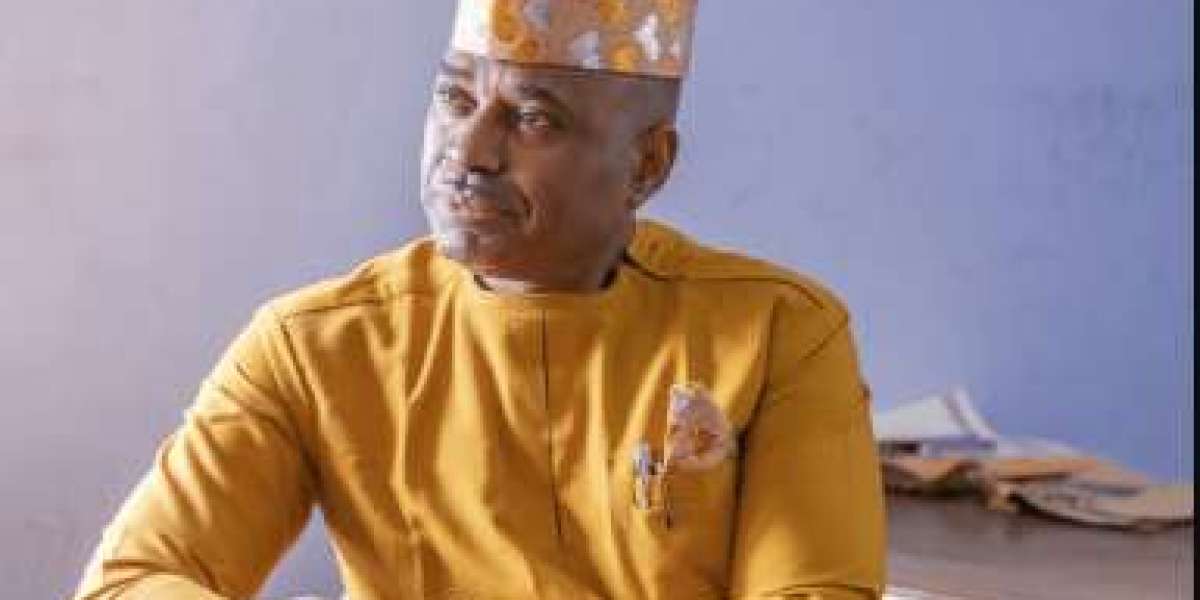In his maiden independence anniversary speech as the president of the federal republic, President Bola Tinubu addressed Nigerians with a focus on various critical issues.
The president took time to acknowledge Nigeria's diversity and unity, affirming that these are essential elements that must be protected and sustained for the growth and development of the nation.
Mr Tinubu highlighted the importance of justice, economic policies, and security, stating that they play a significant role in the country's transformation and prosperity.
He acknowledged that some of the government's reforms were difficult and painful for Nigerians, but he explained that they were inevitable steps required to achieve the desired outcome.
The president expressed optimism in his administration's ability to tackle the various challenges facing the country, and he called on Nigerians to remain steadfast and resolute in their support for the government's policies.
He urged citizens to remain united and work together to build a better and prosperous Nigeria.
Overall, President Tinubu's speech was reassuring and inspiring, setting a positive tone for the country's future.
ALSO READ : Breaking News: President Bola Tinubu Elected as ECOWAS Chairman.
Hope
October 1, 1960, marked a significant milestone in Nigeria's history as the country gained independence from Britain. The road to sovereignty was marked by years of struggle, with leaders from various ethnic groups in the country playing a pivotal role in the fight for freedom.
As Nigeria celebrates its 63rd anniversary of independence, the years since have been marred by turbulence and instability.
However, there is still hope for the country, as Mr. Tinubu noted.
As we commemorate this solemn yet hopeful day, it is essential to recognize the contributions of Nigeria's founding fathers and mothers.
Without their tireless efforts, there would be no modern Nigeria. From the ashes of colonialism, their unwavering commitment, activism, and leadership breathed life into the belief in Nigeria as a sovereign and independent nation.
The triumphs that Nigeria has achieved over the years are a testament to the resilience and determination of its people. Despite the numerous challenges and hardships, the country has endured, it has emerged stronger and more united.
No other nation or power on earth can keep Nigeria from realizing its rightful place and destiny.
Above all, Nigeria belongs to its people, and it is their collective responsibility to love and cherish it as their very own.
As we look towards the future, let us draw inspiration from the struggles of the past and work towards building a brighter and more prosperous Nigeria for generations to come.
Unity
During a recent speech, Mr Tinubu, emphasized the importance of Nigeria's diversity and human capital. He stressed the need for citizens to remain united, as unity is the key to success.
Mr Tinubu acknowledged Nigeria's unique composition, which includes a diverse mix of ethnic groups, religions, traditions, and cultures. Despite these differences, he highlighted the intangible yet strong bonds that tie Nigerians together.
These bonds are grounded in a shared desire for peace and progress, a common dream of prosperity and harmony, and the unifying ideals of tolerance and justice.
Mr Tinubu's speech comes at a time when Nigeria's national integration is being threatened by separatists and insurgents. However, he affirmed that Nigeria's unity is non-negotiable.

He acknowledged that forging a diverse and populous nation like Nigeria has been a task of great blessing but also a persistent challenge.
He noted that some people have doubted Nigeria's ability to remain united and suggested that the country should never have come into existence.
However, Mr Tinubu firmly rejected these opinions, stating that Nigeria stands strong and will continue to do so.
ALSO READ: In Aso Rock, President Tinubu meets with Asari Dokubo.
Democracy
Nigeria has enjoyed 24 years of uninterrupted democracy, which is a significant achievement. Despite criticisms that democracy has failed to bring about development, Mr. Tinubu maintains that it is still the best form of government.
This year, Nigeria has held its seventh consecutive general election since 1999, which is an indication of the country's commitment to democracy and the rule of law.
The president stated that this milestone marks a significant step towards a better Nigeria.
It is evident that Nigeria is steadfast in its pursuit of democracy and the rule of law as the guiding principles for a better future.
Fuel Subsidy
During his inauguration in May, Mr Tinubu made the decision to eliminate the longstanding petrol subsidy and lift foreign exchange restrictions.
However, this has caused a significant increase in the cost of living, which has not been well-received by labour unions. In response, the President recently addressed the nation, defending these bold reforms as necessary steps towards achieving prosperity and growth.

He acknowledged the hardships that have arisen as a result of these changes, stating, "I have a heart that feels and eyes that see."
He went on to criticize those who continue to advocate for the fuel subsidy and outdated foreign exchange policies, likening them to individuals who build their homes on a foundation of mud.
Mr Tinubu, in contrast, is committed to building a solid foundation for the nation's future success.




Esther Chikwendu 5 w
Okay